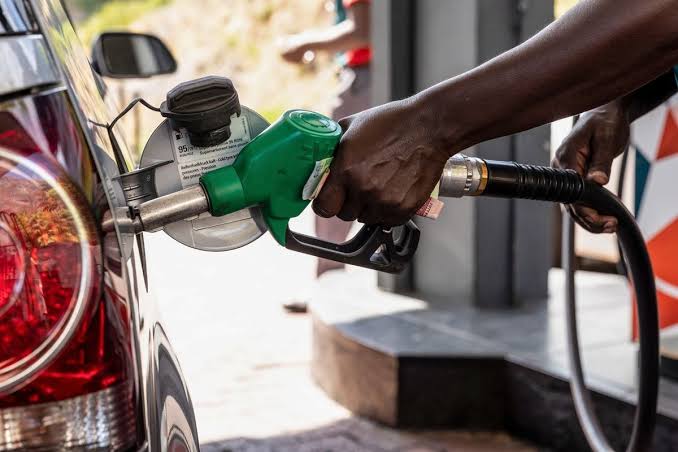Good News for Drivers: Fuel Prices Hit New Lows in January 2025"
Good News for Drivers: Fuel Prices Hit New Lows in January 2025"
By Achimi Muktar
Motorists across Tanzania are breathing a sigh of relief as fuel prices continue their downward trend into January 2025, bringing much-needed financial respite after months of fluctuating costs.
The Energy and Water Utilities Regulatory Authority (Ewura) announced the reductions, which take effect from January 1, 2025, across major ports in Tanzania. The decline is attributed primarily to a favourable shift in foreign exchange rates, offsetting minor increases in fuel import costs.
Major Price Reductions at Key Ports
At the Dar es Salaam Port, petrol prices fell from Sh 2,898 per litre in December 2024 to Sh 2,793 per litre this month. Similar declines were observed at Tanga Port, where petrol now costs Sh 2,800 per litre, down from Sh 2,905, and at Mtwara Port, where prices dropped from Sh 2,908 to Sh 2,866 per litre.
Diesel prices also followed this trend, with Dar es Salaam seeing a drop from Sh 2,779 to Sh 2,644 per litre. Tanga Port recorded a reduction from Sh 2,792 to Sh 2,656 per litre, and Mtwara Port’s diesel prices decreased from Sh 2,851 to Sh 2,716 per litre.
The Role of Foreign Exchange Rates
Ewura’s Director General, Dr. James Mwainyekule, explained that the price fluctuations are primarily linked to changes in foreign exchange rates and fuel import costs.
"The cost of fuel (FOB) and premiums are paid in foreign currencies, primarily the US Dollar. For January 2025, the average exchange rate decreased by 11.27 percent," Dr. Mwainyekule stated.
This decline in exchange rates has significantly eased the burden of rising import premiums, which increased by 5.45 percent for petrol, 13.01 percent for diesel, and 8.82 percent for kerosene at the Dar es Salaam Port. Interestingly, import premiums for petrol and diesel at Tanga and Mtwara ports saw reductions of 6.67 percent and 10.33 percent, respectively.
A Win for Motorists and Businesses
These adjustments reflect a mix of global market dynamics and local supply chain strategies, providing relief to Tanzanians grappling with high transportation and logistics costs. The decrease in diesel prices, in particular, is expected to lower operational costs for businesses relying on heavy-duty vehicles, potentially easing inflationary pressures in the broader economy.
As global fuel markets remain volatile, Tanzania’s latest price reductions offer a glimmer of hope for a stable and affordable energy landscape. For now, motorists can enjoy lighter bills at the pump, but all eyes will remain on the factors shaping future price trends.


















